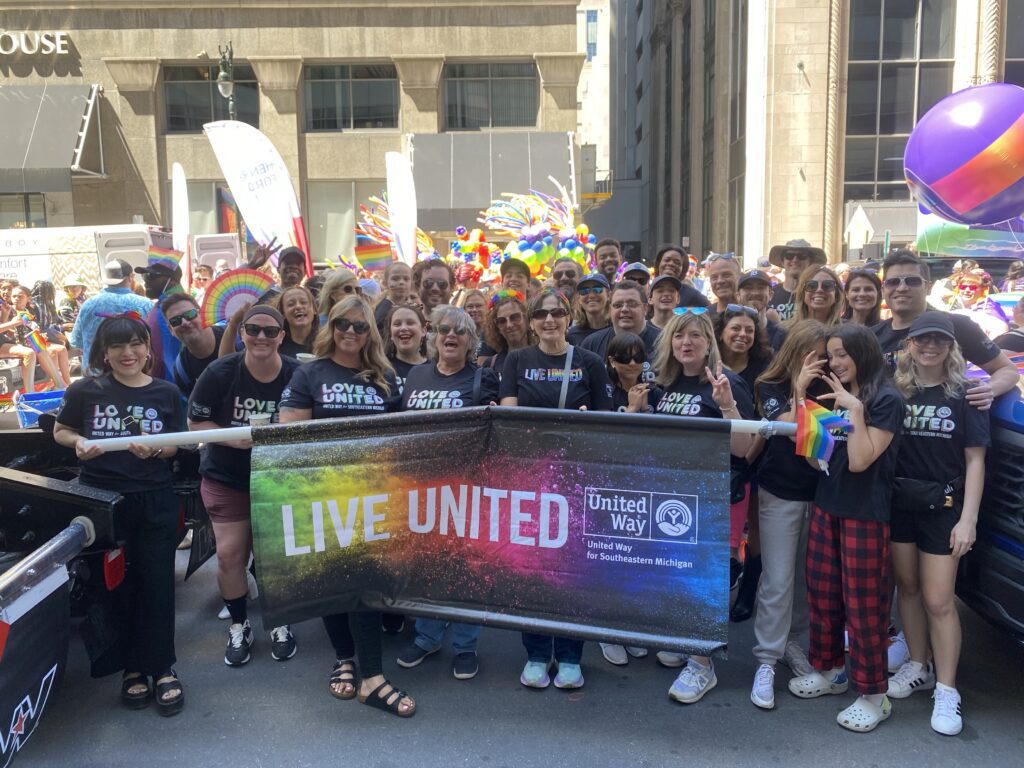Heart Work: Community in the 4th Annual Equity Challenge
Published on June 26, 2024 in Diversity, Equity and Inclusion
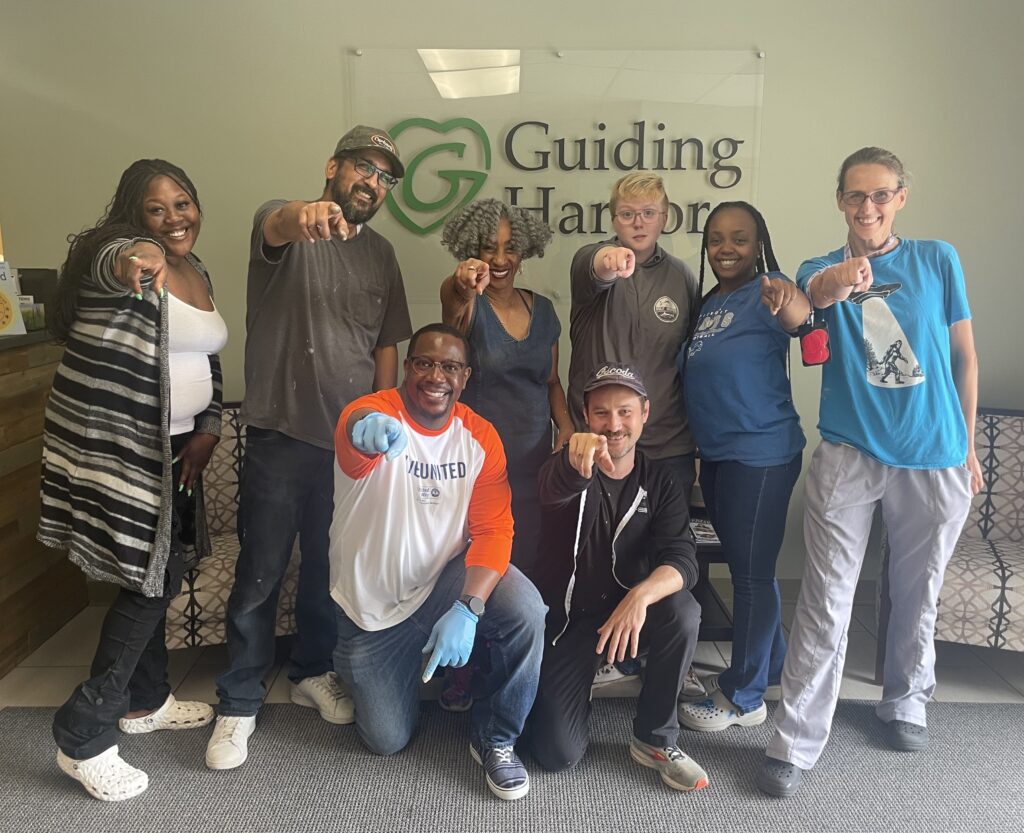
Every year, United Way for Southeastern Michigan honors our commitment to building equitable communities through our 21-Day Equity Challenge. This fourth annual challenge marked the first after our merger with United Way of Washtenaw County, which was the first United Way in the country to offer an equity challenge.
“I think back on what it took for us to launch our 21-day Equity Challenge, following in the footsteps from the then Washtenaw County United Way,” said Dr. Darienne Hudson, president and CEO, United Way for Southeastern Michigan. “We are now merged as one organization, and this is a special moment in the history of our United Ways— we are now a 4-county region.”
Every weekday from May 17th to June 14th, participants received one equity-focused email, featuring topics ranging from Non-Violent Responses to Crises to unpacking Weight Bias and Institutional Trustworthiness.
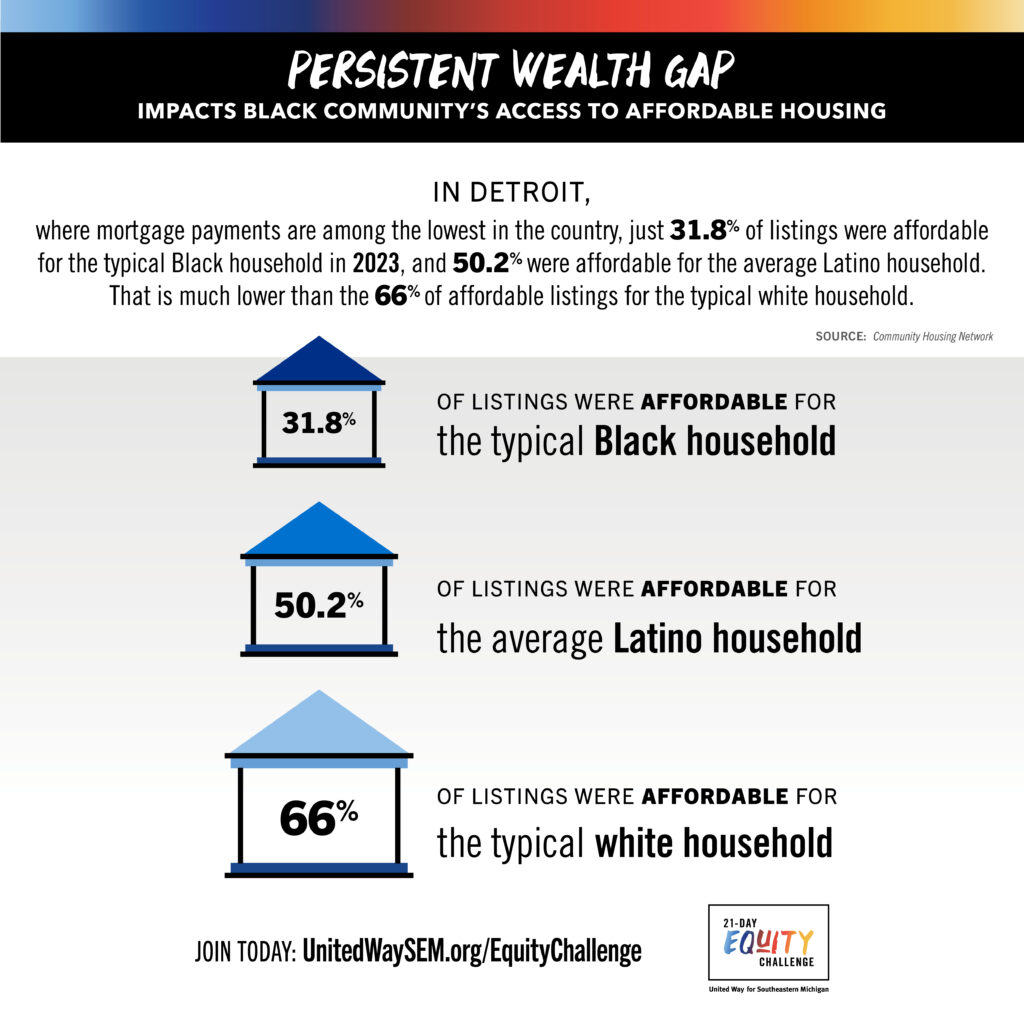
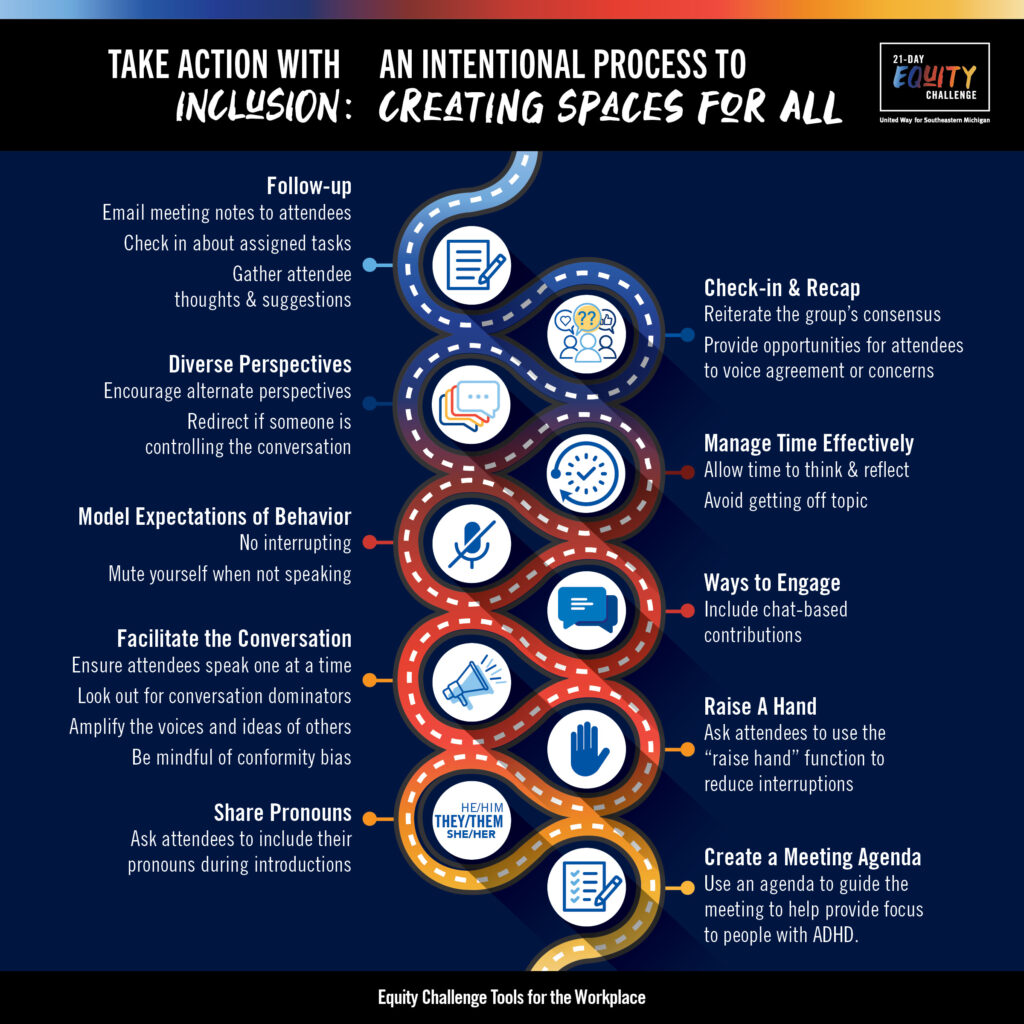
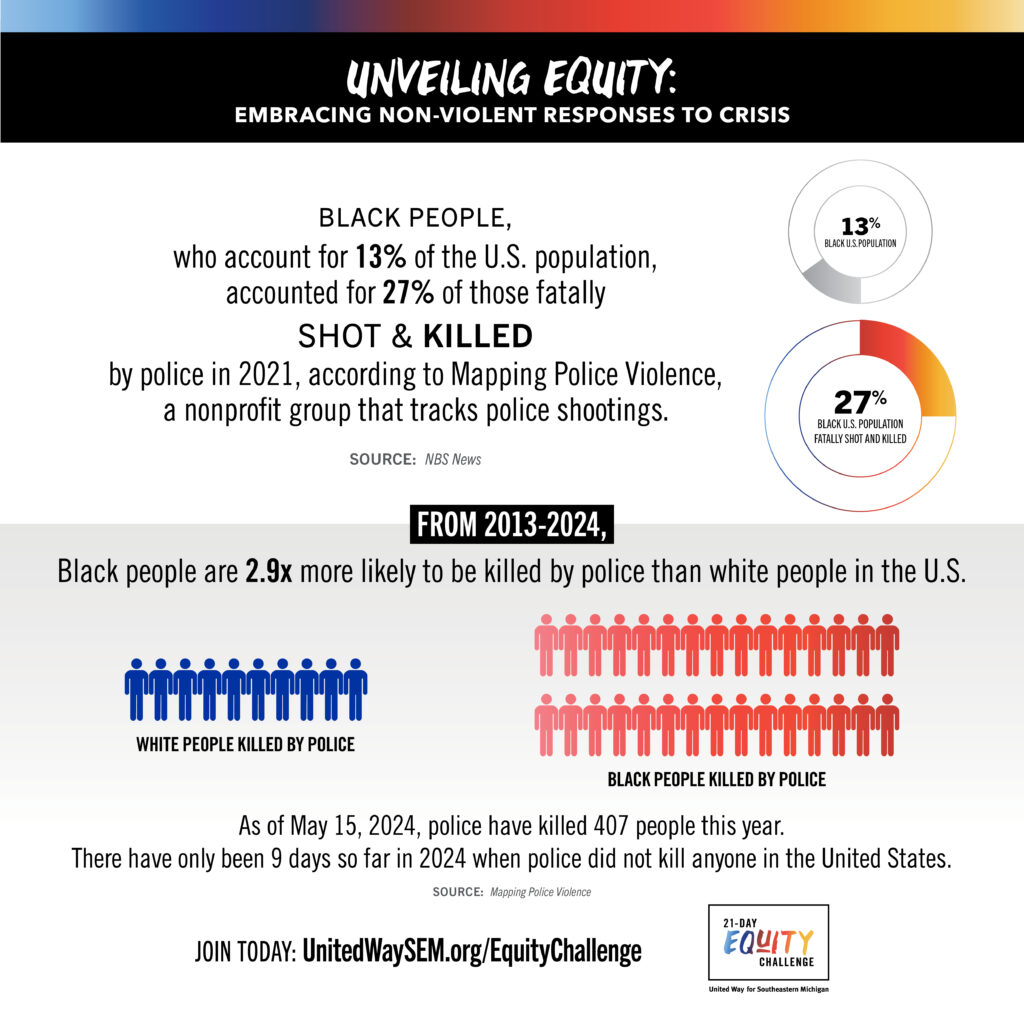
During the challenge, more than 13,200 participants completed 2,878 total learning hours. To deepen their understanding of equity topics, participants tracked 1,336 hours of reading, 573 hours of watching, 800 hours of listening, 162 hours of engaging and 7 hours of action.
“Whenever you run into a challenge throughout the 21 days, I don’t want you to think about it as hard work,” said Andre Ebron, senior director, diversity, equity, and inclusion at United Way for Southeastern Michigan. “I want you to think about it as heart work.”
The Equity Challenge would not be possible without the heart work of our Diversity, Equity and Inclusion (DEI) team, DEI Equity Challenge Committee and Equity Challenge Community Group.
Thanks to committed individuals and sponsors, United Way can keep DEI at the forefront. This year’s sponsors included Toyota, Stellantis, One Magnify, Deloitte, Henry Ford Heath, BorgWarner and Edward Ginsberg Center at the University of Michigan.
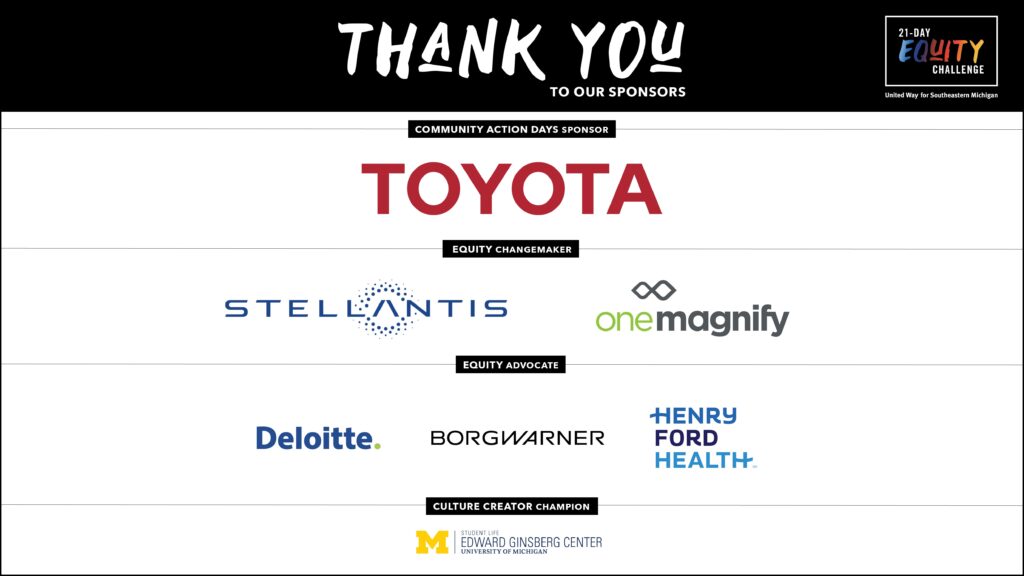
When the challenge was launched in 2020, the pandemic and police brutality inspired many to rally around the value of DEI. Now four years later, we have seen passions fade.
“Over the past two years, we’ve seen fewer positive headlines, fewer protests and overall less focus on the DEI, but we know the core issues remain more prevalent than ever before,” said Tonya Adair, chief development, diversity and engagement officer at United Way for Southeastern Michigan. “I’m proud that our United Way is still spearheading these conversations and righting systemic issues, not just during these 21 days, but every day.”
LEARNING THROUGH LISTENING
This year, United Way team members recorded audio versions of each challenge day. Not only are audio options easy and fun, but they are equitable— ensuring that everyone can access the media regardless of visual impairments.
Writers of Day: 10 Anti Trafficking and hosts of Community Action Friday, Avalon Healing Center welcomed participants to listen to their podcast and learn more about the realities of human trafficking from people directly affected or working in the field.
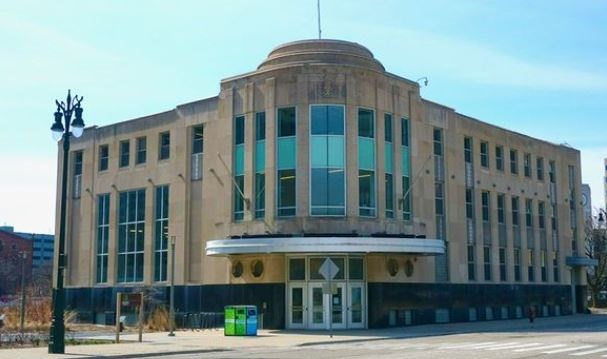
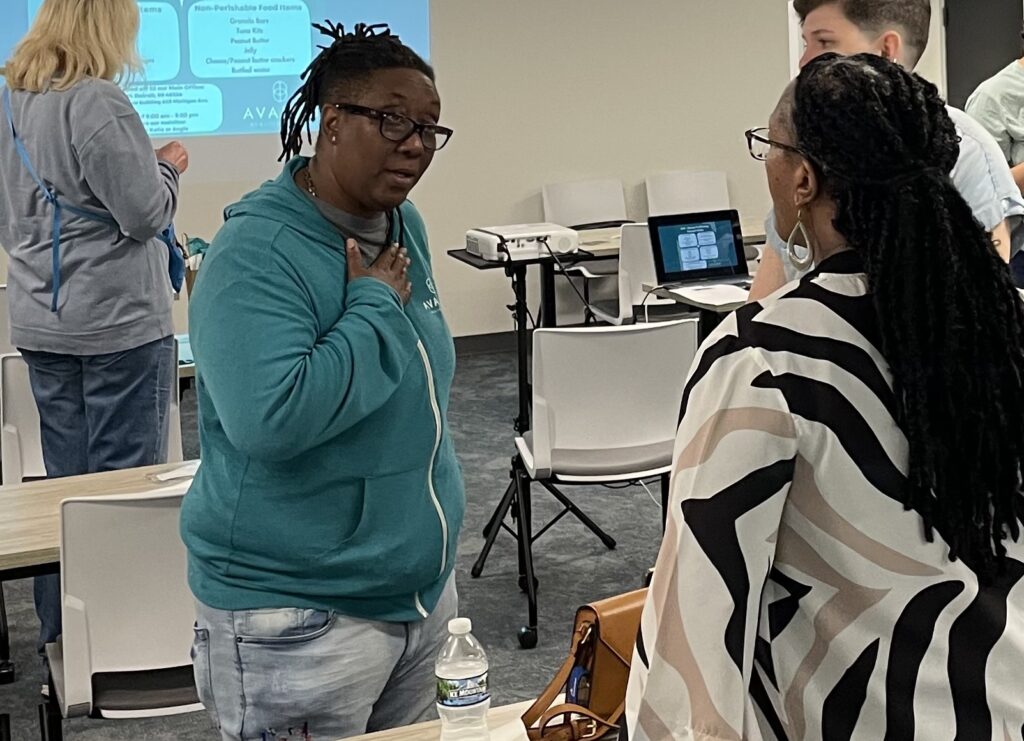
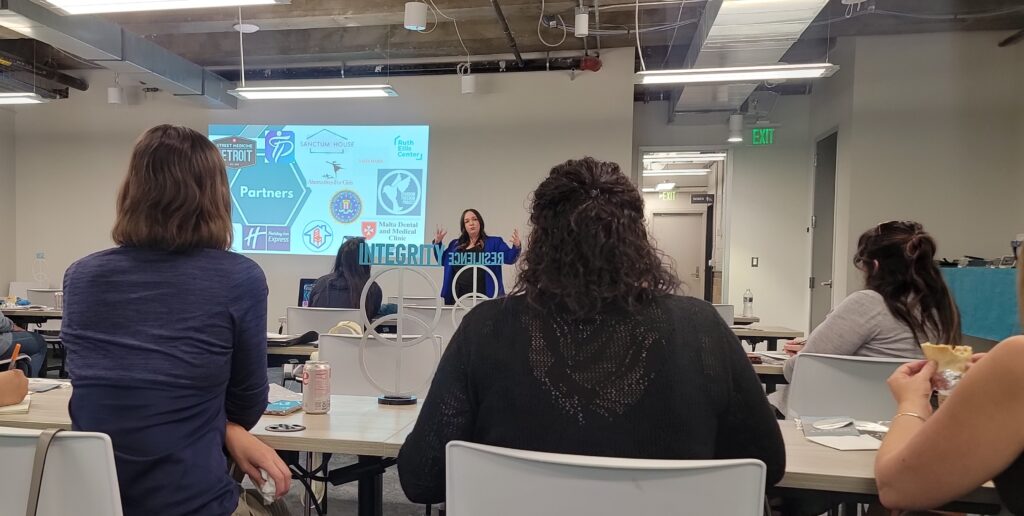
“The easiest way to learn more about these issues is hearing people’s voices explain the things they’ve gone through— what’s worked and what hasn’t,” said Whitney Wenger, Equity Challenge participant. “That’s why I like the YouTube videos in the Equity Challenge resources and listening to podcasts.”
“I was excited to hear Avalon has a podcast and I plan on listening.”
During the Challenge, United Way’s What’s the Word Wednesday Townhall series featured Equity Challenge conversations on Defending Equity in the Legal System, Welcoming Equity for Immigrants and Refugees, Embracing Equity in Nonprofits, and Birthing Equity for Mothers in Prisons, which allowed us to hear directly from community stakeholders working toward equity.
WEMU 89.1’s Washtenaw United also hosted guests to show individuals and organizations being part of the solution. Community members centered conversations around Day 1: Early Childhood Education, Day 3: Your Right to Vote, Day 7: Welcoming Newcomers, and Day 17: Racism as a Public Health Crisis.
Speaker Dr. Rebecca Hasson, associate professor of kinesiology at the University of Michigan, talked about how statewide partnerships can empower families to engage in healthy behaviors. Her program, InPACT, stands for “Interrupting Prolonged sitting with ACTivity” and she is focused on changing classroom policies and practices year-round.
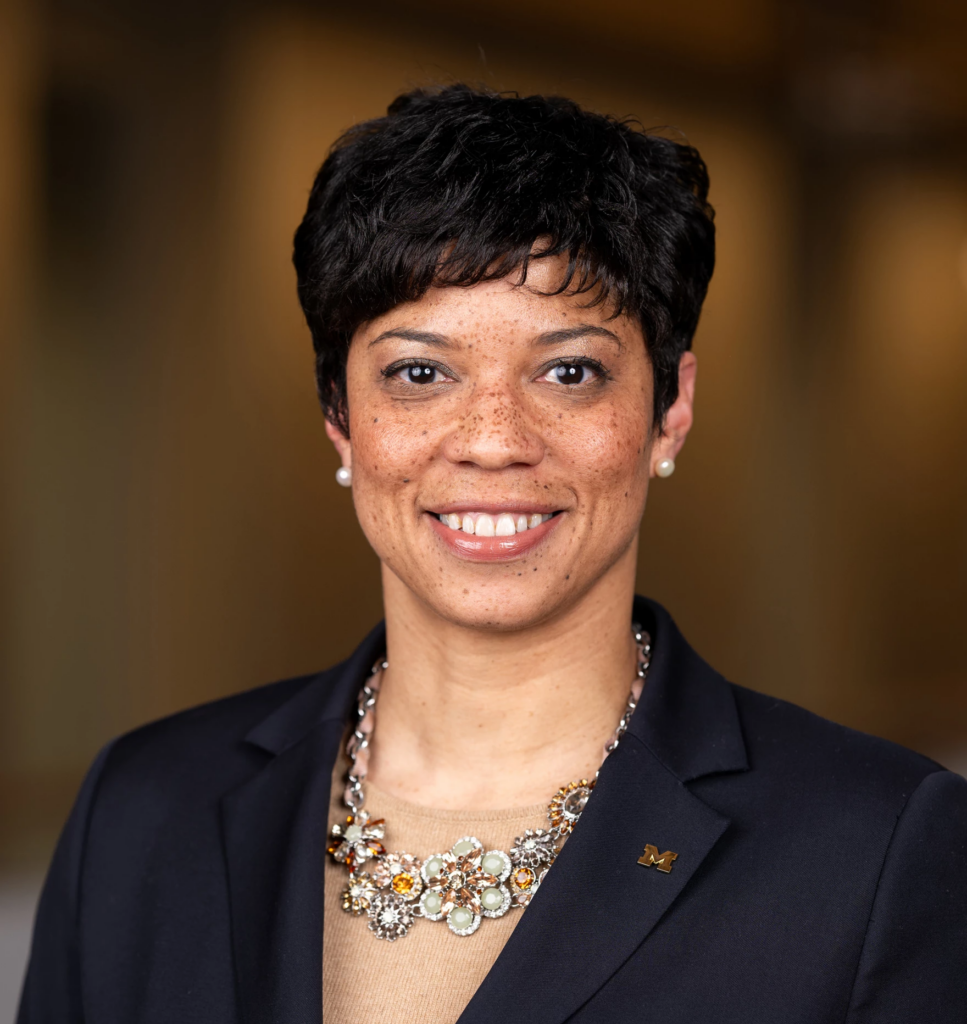
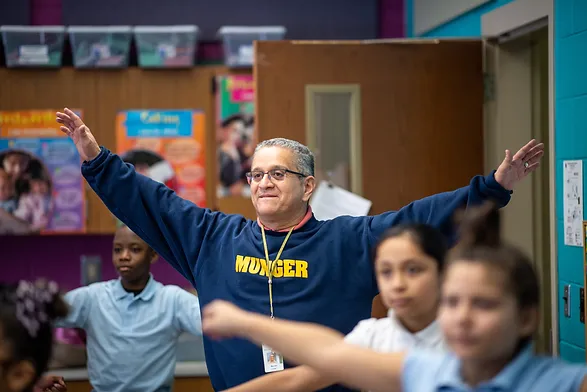
“We really want to make sure that every child has an equitable opportunity to move to prime the brain for learning, regulate their emotions, and just get the wiggles out,” said Dr. Hasson. “If we want children to do well academically, we need to equip them with the health and wellness foundational skills.”
Other Washtenaw United guests included regional school health coordinator for Washtenaw and Livingston County, Danielle Dros, co-leader of the Voters Not Politicians Washtenaw Chapter, Marie Knoerl, Health Equity Manager for the Washtenaw County Health Department, Charlyn VanDeventer, and Senior Director of Resettlement and Integration Programs at Jewish Family Services of Washtenaw County, Shrina Eadeh.
LEARNING THROUGH EXPERIENCE
At Avalon Healing Center’s Community Action Friday, attendees got a tour of Avalon’s oasis of care, from the trauma-informed interior design to the alternative forms of therapy offered.
“I’ve got friends and family members affected by abuse and assault, and it made me feel so grateful for the care and services that Avalon provides,” said Whitney. “The women they serve are in their darkest hours and the faculty was so kind.”
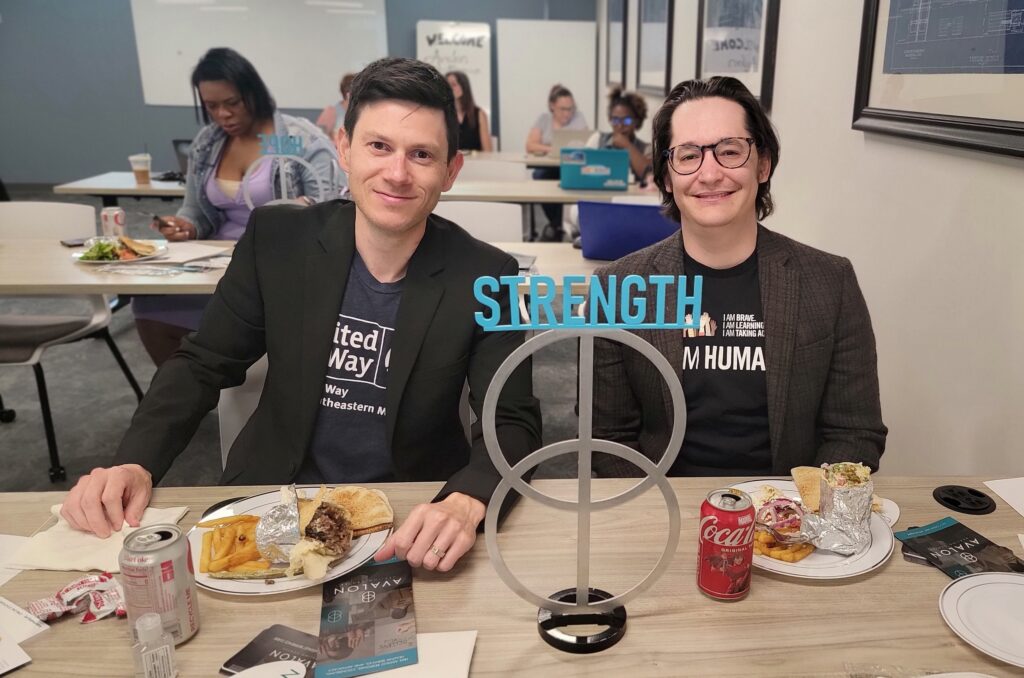
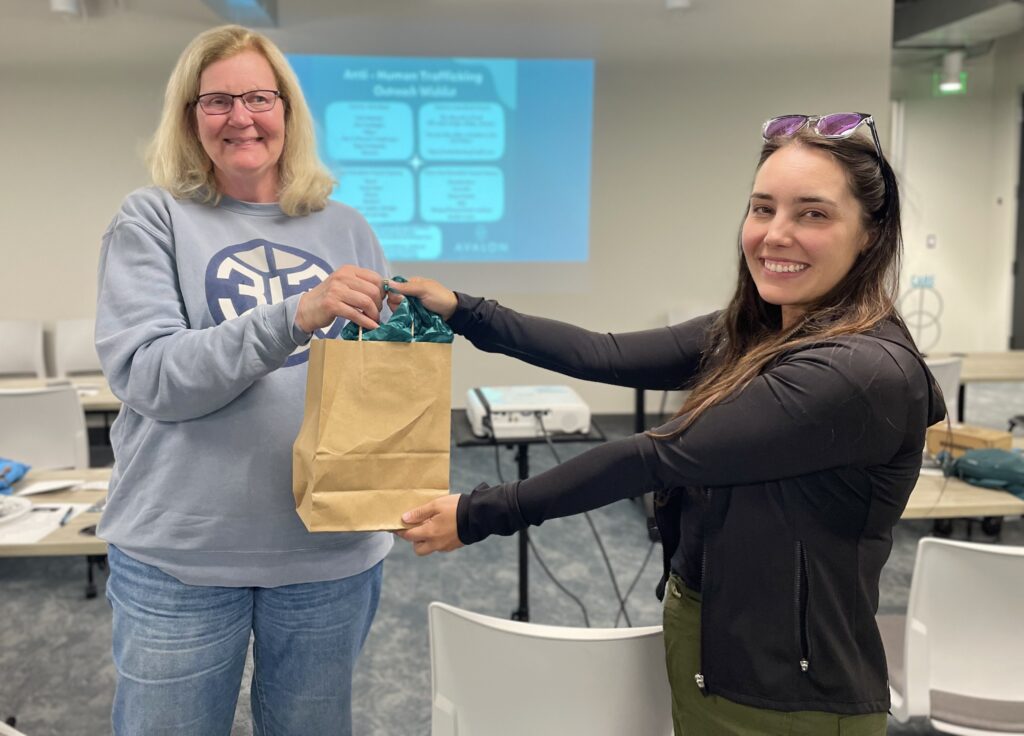
In the learning session, Avalon busted myths and taught key indicators of human trafficking in our communities. Sharron Fincher, access equity and inclusion coordinator at Avalon, played a key role in Avalon’s transition from a participant to a collaborator in the Equity Challenge.
“With the assistance of our staff, I’m the one who put this event together,” said Sharon. “It’s kind of funny because last year we participated in the challenge, and I said to Andre that we wanted to do more than just participate, we want to actually be a part of it.”
At Guiding Harbor’s Community Action Friday, participants got busy painting an office and kitchen area that were in need of a refresh.
Getting started with a paint roller, SOS Development Associate Daphne Salter reflected on her previous work in cases very similar to the ones Guiding Harbor deals with every day.
“I wanted to come out just because I’m really passionate about foster care reform,” said Daphne. “At my last job in Ohio, I was the CASA— Court Appointed Special Advocate, so I’ve seen a lot of cases, and the system is not easy.”
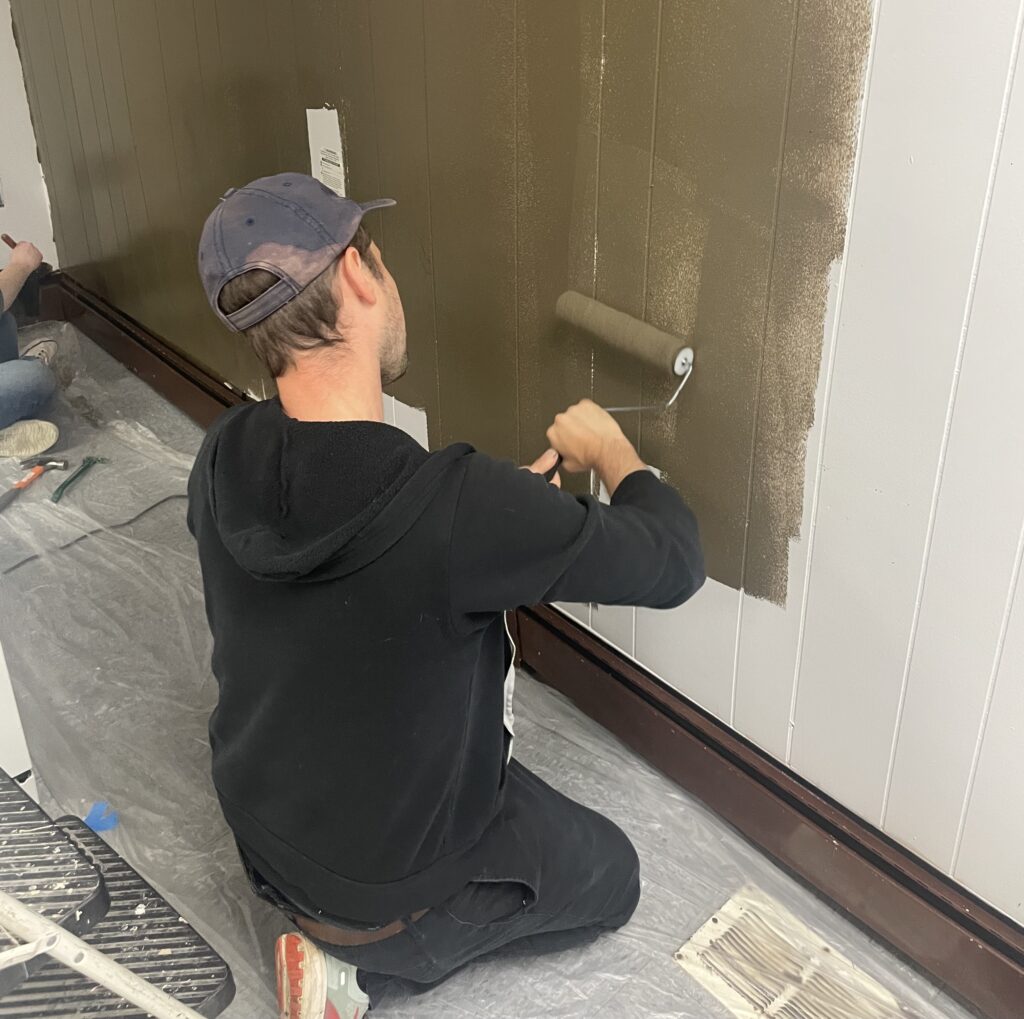
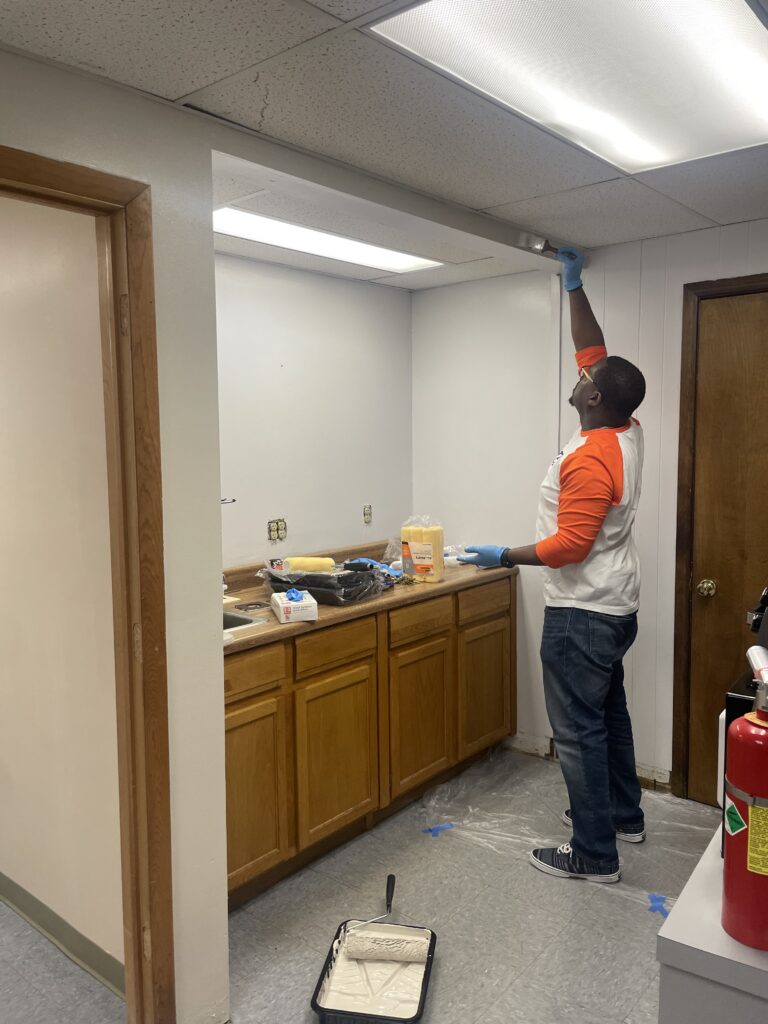
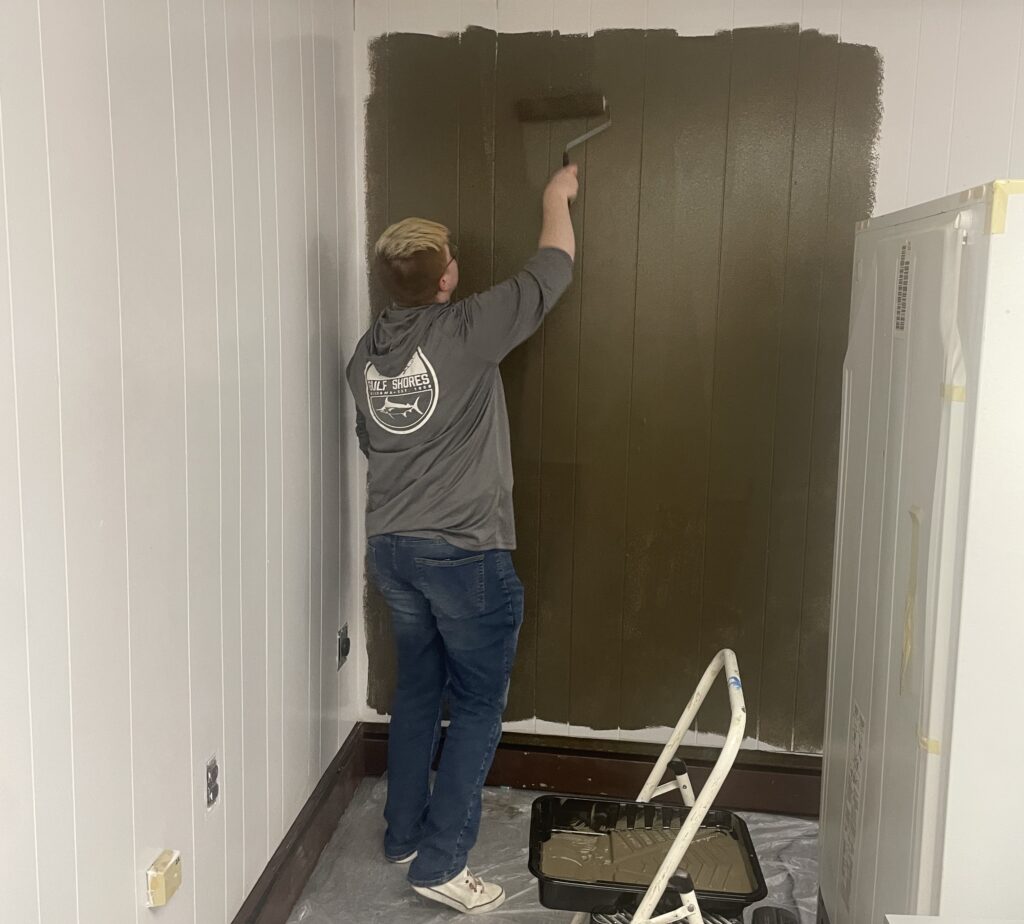
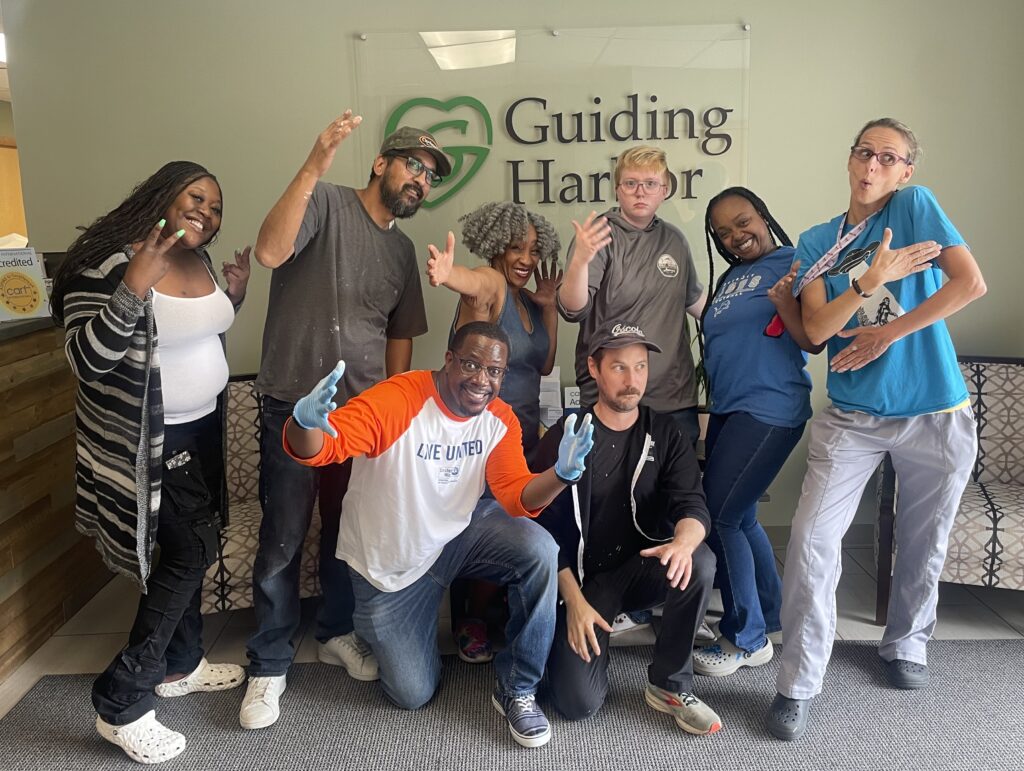
REDEFINING TOGETHERNESS
June offers a plethora of beautiful community-building moments and events. From Father’s Day to Juneteenth to PRIDE, there is plenty of opportunity to uplift the DEI we see all around us and take part in the celebrations. We can honor those who shaped our DEI journey and who have fought for the advancements in our communities.
“It has very special meaning as we wrap up this 21-day Equity Challenge just before the day that we get to celebrate our fathers,” said Dr. Hudson during the closing event. “My father instilled in me a sense of cultural pride that has never faltered and has never gone away—it’s in my bones.”
“That cultural pride is something I feel every single day and I want that for everyone.”
Tonya also honored the memory of her late father and vowed to carry out his legacy of equitable community building.
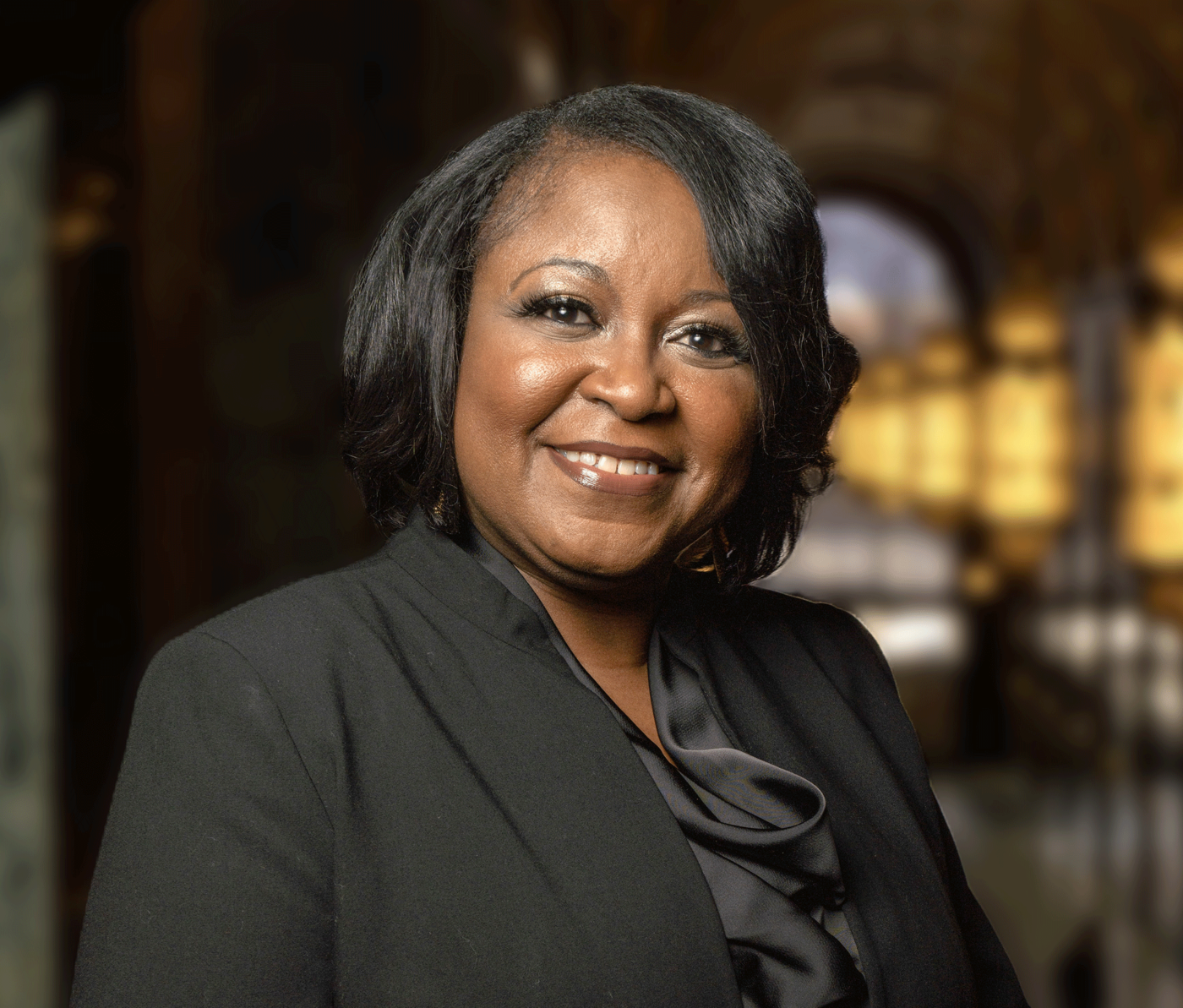
I want to continue this legacy, working with community to combat inequities alongside each one of you.” – Tonya Adair
“I remember my father serving on a faith-based committee that truly focused on addressing inequities at the local United Way in Louisiana,” said Tonya. “I recently found the pin that he wore so proudly because he knew that he was working on something worthwhile.”
“My father passed away and I keep the pin close to my heart because I know that’s where my United Way journey started, and I want to continue this legacy, working with community to combat inequities alongside each one of you.”
Through DEI, we can better understand and accept one another. This heart work challenged us to make humanity a priority and show respect to our beautiful differences.
Interested in the history and celebrations of Juneteenth? Read this call to action from our president and CEO, Dr. Hudson.
Looking to find a volunteer opportunity to make equitable change? Check out our portal!

